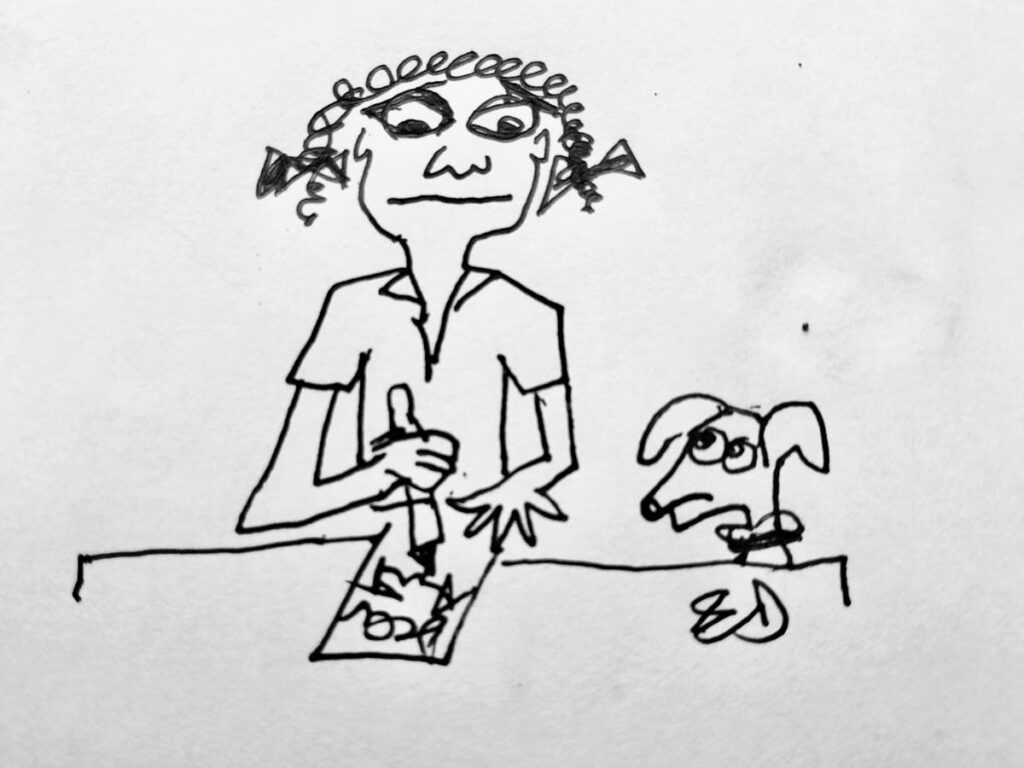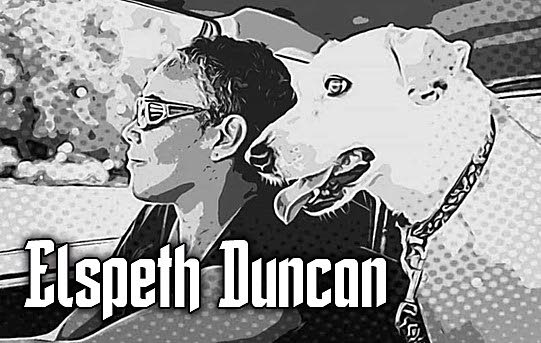Dear Auntie Ellie

A FEW articles ago, I mentioned the Dear Auntie Ellie project that I was inspired to start at the Bon Accord Government Primary School, Tobago, and promised to give an update.
Recently, while visiting the school as a guest, I addressed the children briefly during their assembly. I asked how many of them liked animals. Numerous hands shot up in the air.
How many have pets? Fewer hands went up.
How many know of animals in need of help? The largest number of hands was raised. This inspired the project.
I invited students to write to "Dear Auntie Ellie" (me) and place their notes in the Dear Auntie Ellie box which sits on a table in the corridor, outside the door to the principal’s office.
That wooden box, shaped like a house with a slit at the top, was initially designed for collecting donations on behalf of Venus Doggess Of Love – the animal rescue/welfare non-governmental organisation I founded some years ago.
Increasing numbers of children have deposited notes, highlighting areas in which they feel their pets need help.
Everyone in Tobago must know of at least one animal in need of help. Whether they see fit to help the animal, or whether or not they can afford to, the fact remains that numerous living beings are in need of relief from small-to-large scale suffering or discomfort.

Some of the early notes were written on small bits of paper, sometimes without names or with only a first name. Thankfully, whenever a first name only was presented, the teachers or principal instantly knew the child (and class) to whom that first name belonged, and the parent’s number.
It struck me that in a small school community, no child is unknown – somewhat a reminder of what Tobago used to be, prior to the invasion of "outsiders." When community members knew each other well, and safety in familiarity was a given.
To gather clearer information, I created a printed form, copies of which were left next to the Dear Auntie Ellie box. The form encourages each child to provide full name, age, area of Tobago in which he/she lives, mother/father’s number and details on what help the pet needs.
The first collection yielded two notes; the second, more. On the following occasion, many more.
The first note I received told me of a dog whose eye had been dug out and was infected. Envisioning a gaping hole where the eye once was, possibly swarming with maggots, I called the student’s mother, introduced "Auntie Ellie" and asked about the dog’s injury. The mother laughed upon hearing the report, informing me that the dog had been in a fight, had a cut at the side of his eye, which she was treating, and that it was healing.
When she told me that her daughter loves her pets, it struck me that to this little girl the sight of any wound on her dog might appear bigger than it actually is, because of the emotional connection she has with her pet and the resulting level of concern.
I noticed this about most of the children’s notes. Upon calling the parents, they would invariably laugh (what I generally perceived as fond, amused laughter – thankfully, not mocking or disparaging) when they heard what their clearly concerned child had put forth as a pet-related issue.
For example, in the last slew of notes, most of the children wrote very simply and directly – "My dog is hungry," "My dog needs food," "I need money for my dog."
To the average parent, a dog may go hungry because money is just sufficient to tend to the family’s immediate needs. But to a concerned child, the dog’s hunger is also important.
At one home I visited, the mother said that her son saves his school-feeding lunch and brings it home to be shared with his dog. He stands and watches her eat until she is finished.
This, to me, is a commendable act of love – that a boy would sacrifice his lunch for his dog’s benefit, because he knows his family cannot afford to feed her.
I am grateful to the school for being on board with this project and will find or create ways of making it sustainable, as I feel it will help inspire greater compassion for living beings.
If anyone reading this is moved to assist in any way, please get in touch with me to discuss further.
(To be continued)

Comments
"Dear Auntie Ellie"